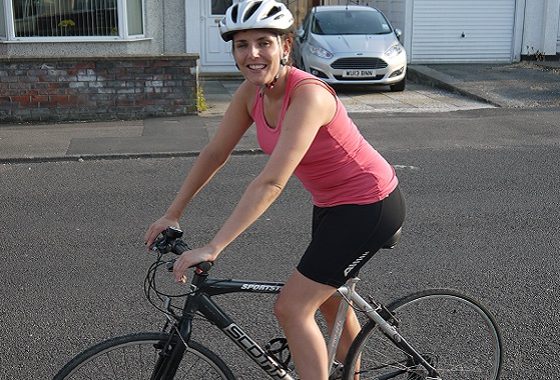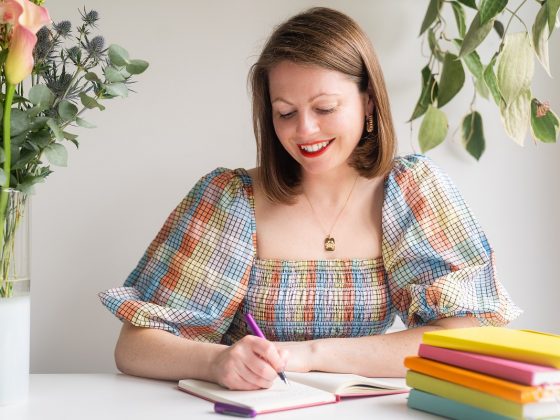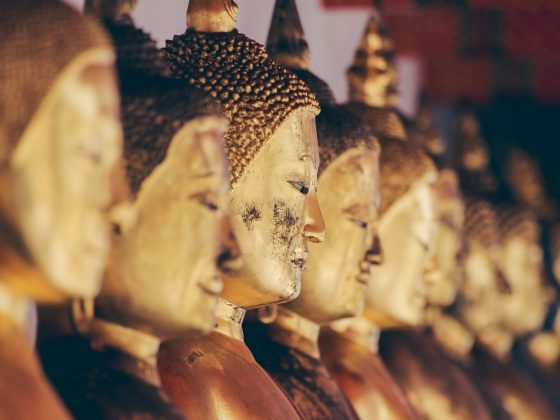 I learned meditation as a teenager at a Buddhist temple in Toronto where I grew up. I returned to it several times over the years, and have sustained a daily practice for around 6 years now. By Sandi Wassmer.
I learned meditation as a teenager at a Buddhist temple in Toronto where I grew up. I returned to it several times over the years, and have sustained a daily practice for around 6 years now. By Sandi Wassmer.
I have a degenerative eye condition called Retinitis Pigmentosa and when I registered blind in 2008, my world fell apart and meditation has helped me to create the space for happiness.
Now, I meditate everyday, for an hour in the morning and around 20 minutes in the evening.
The practise of meditation has completely transformed my life. In fact, my life would be stuck, flat, frustrating and unfulfilled without it. I would not be able to enjoy life as I do now because of all the obstacles that prevented happiness. All of the stories my mind had created about me and the world, would still be obstructing my path.
I’ve always been a loving and caring person, but I was holding onto a lot of anger, hurt, sadness, bitterness and resentment and this made me act in ways I was not proud of. Meditation has taught me how to let go of these hurtful emotions and to be the real me, to experience the ebbs and flows of life without getting swept away. I’m so much stronger, happier and more resilient and am able to handle whatever life throws at me with considerably greater ease.
The Practise of Meditation
I find that there are two optimal times to meditate for two different reasons. Meditating first thing in the morning, before you start thinking about all of the things you need to do that day, helps to lay a firm , calm, broad and balanced foundation for the day. Whereas meditating in the evening, just before you go to sleep, helps to loosen the tightness of stress and helps you to get a more relaxing and rejuvenating sleep. Having said that, it also comes down to personal preference and suitability. What matters above all is that it suits you, that it works well with your daily routine and you’re able to give your full attention to it.
It’s optimal to meditate everyday. In the same way as exercising your body, exercising your mind needs regular practice. For newcomers, who will not be used to sitting for extended periods of time, 15 to 20 minutes a day is ideal. Then, as you deepen your practice, you can extend how long you meditate for.
When starting out with meditation, it is useful to find a quiet place where you won’t be disturbed. If there are a lot of distractions, then paying attention will be difficult. From here, the key is to be comfortable and alert. You can meditate in many different postures – sitting on a cushion, chair or bench, lying down or standing. What matters is that your spine is straight – not rigid, as you need to allow for its natural curve – and your body is relaxed.
Getting it right takes time and practice.











